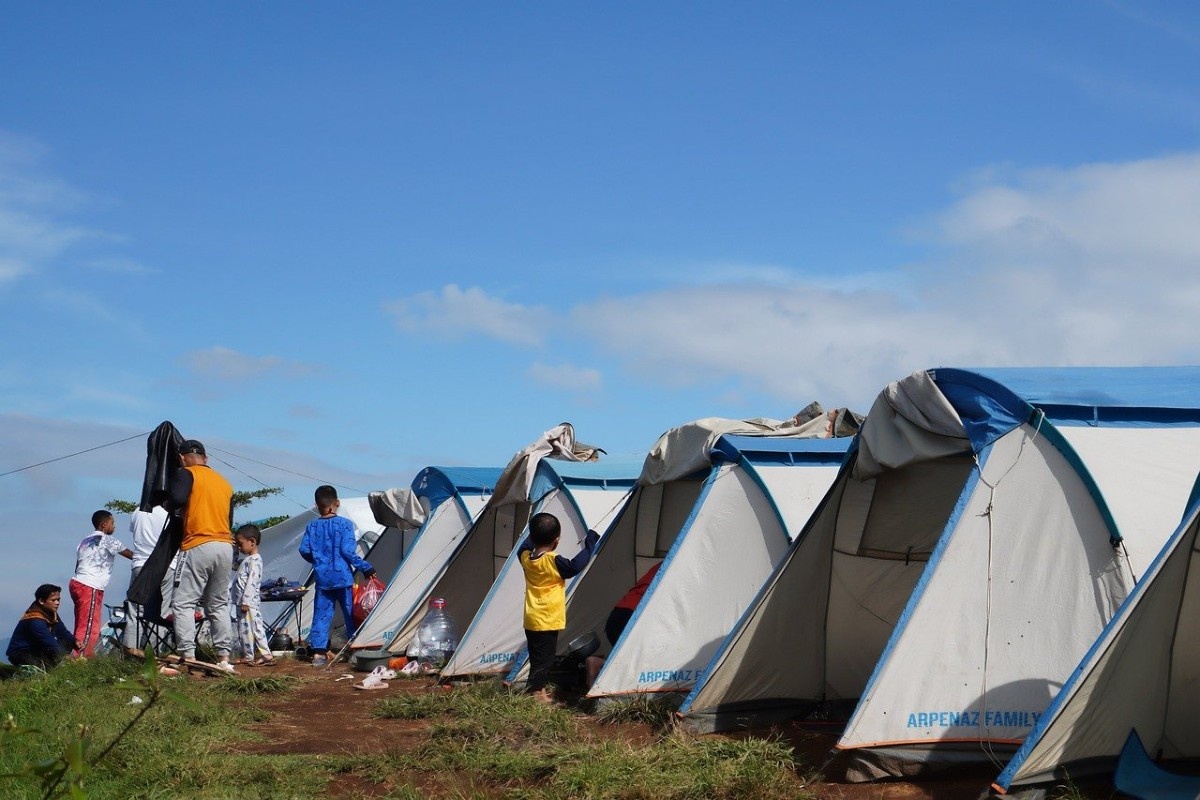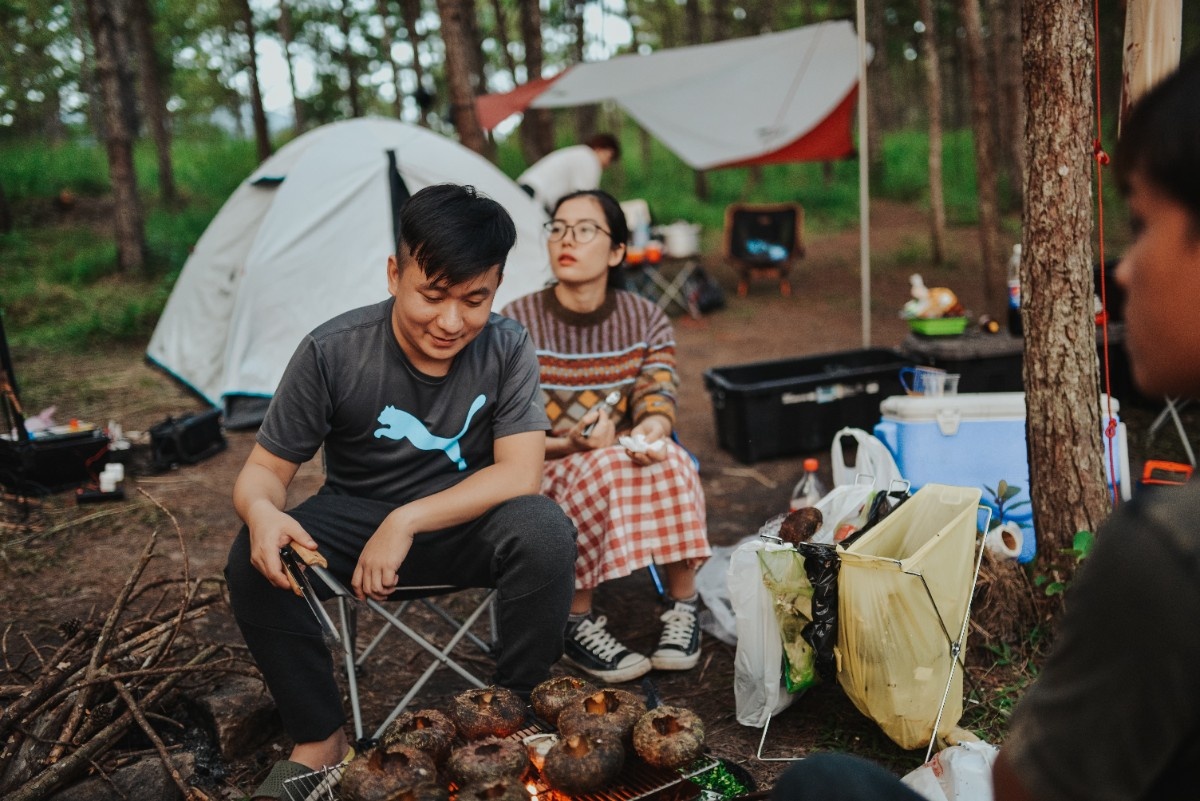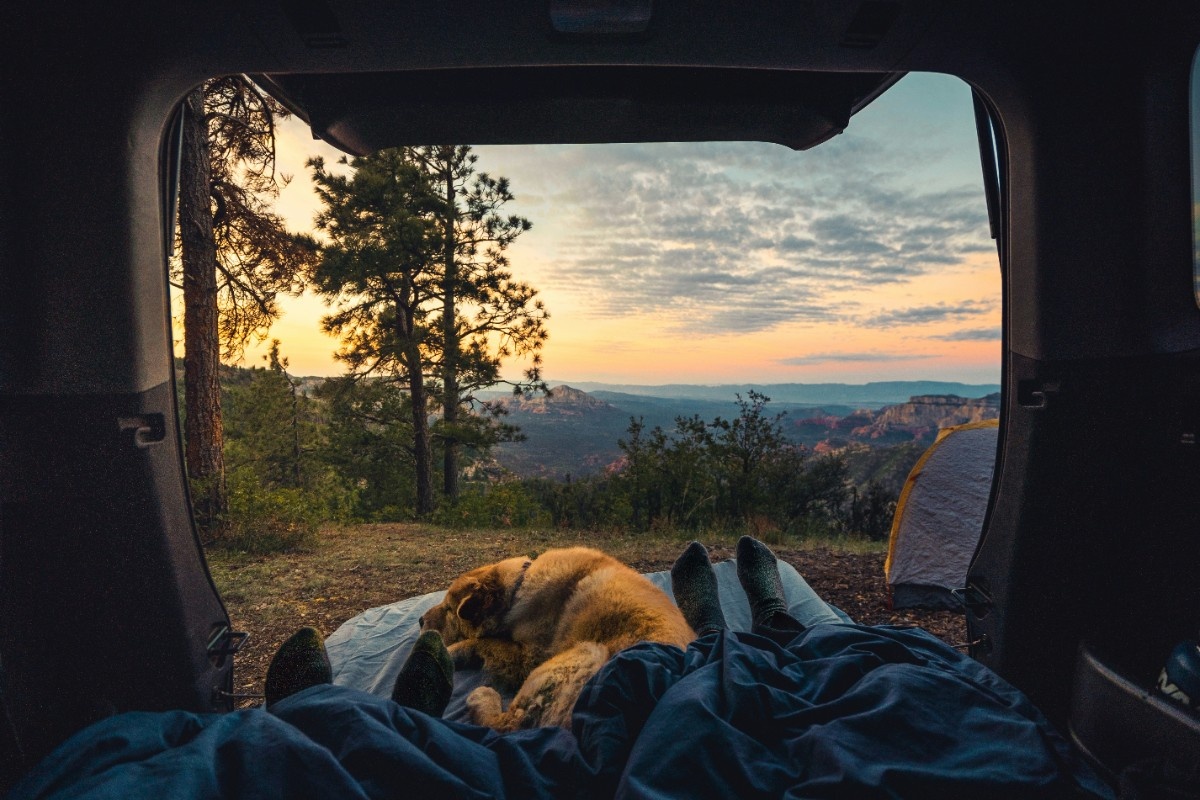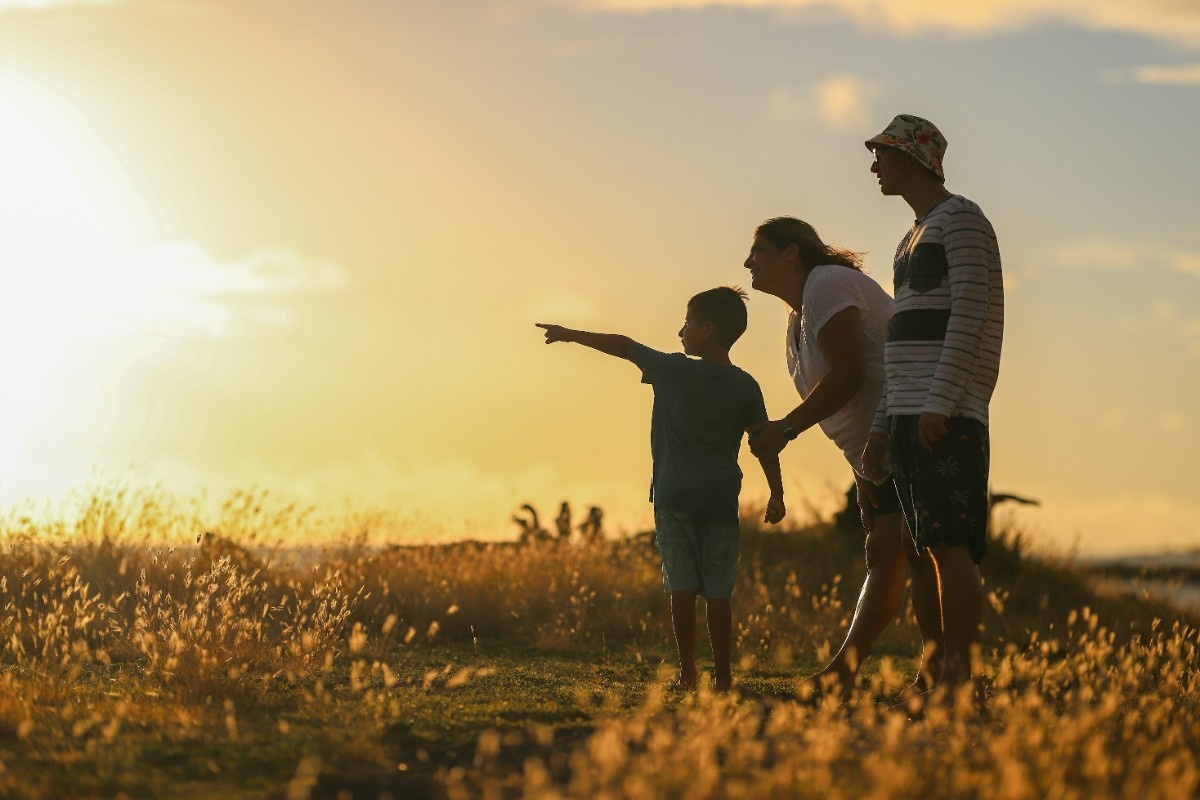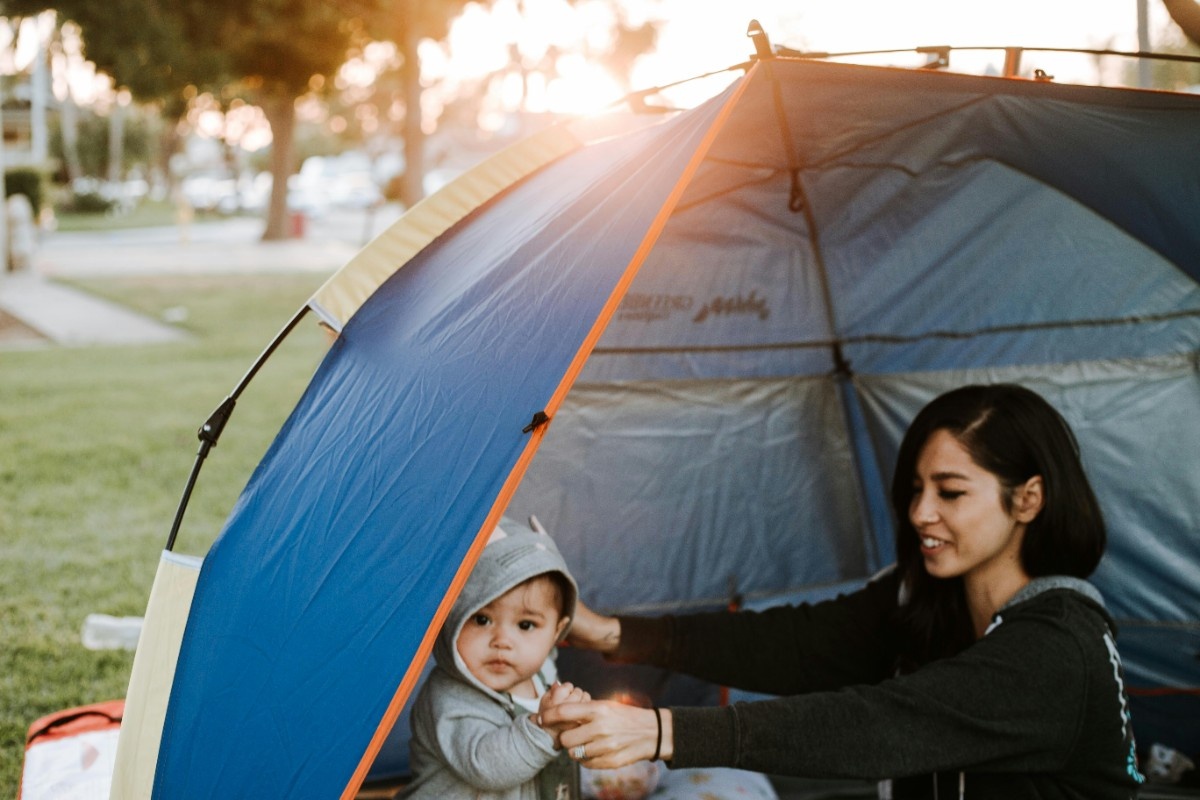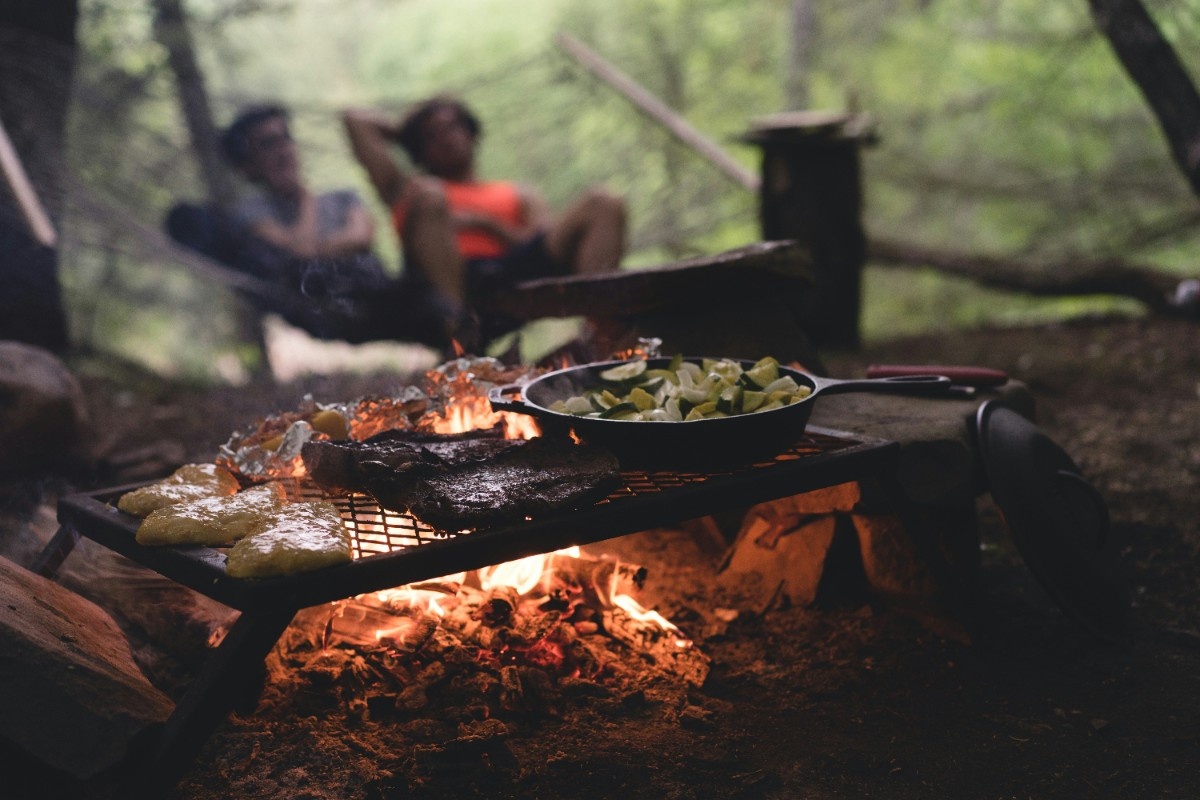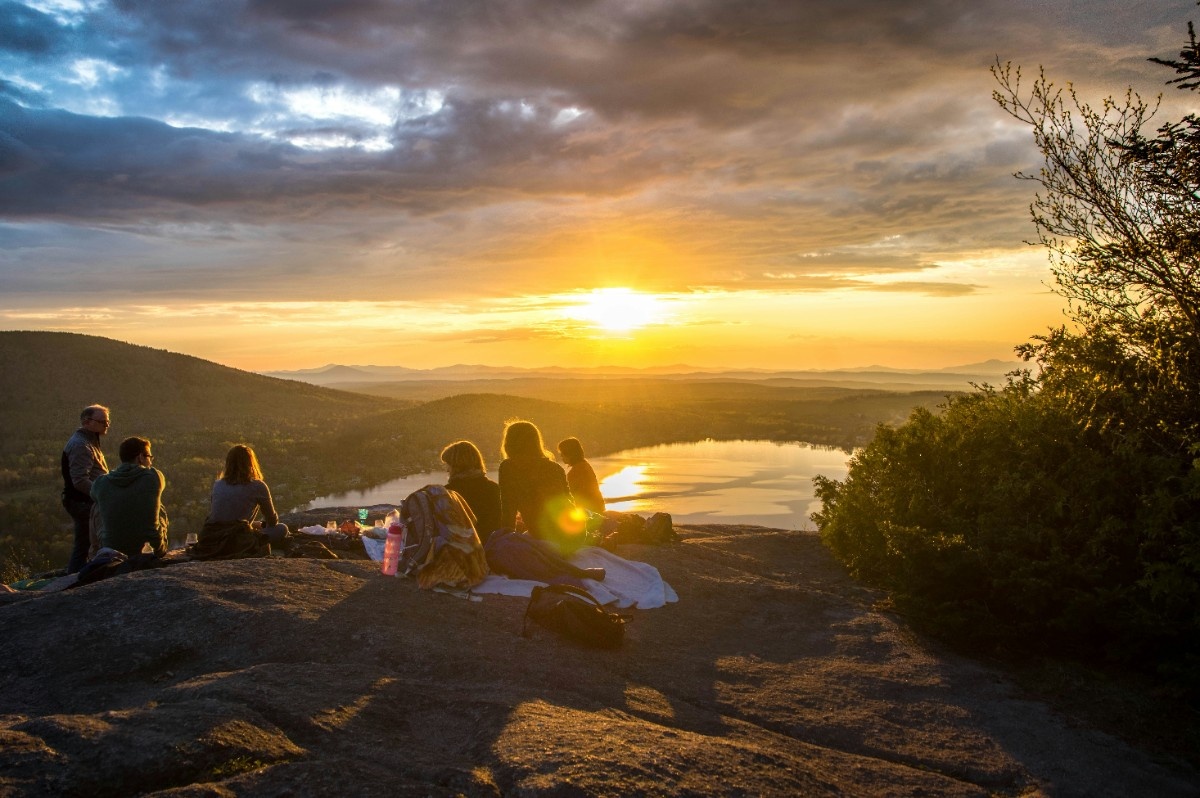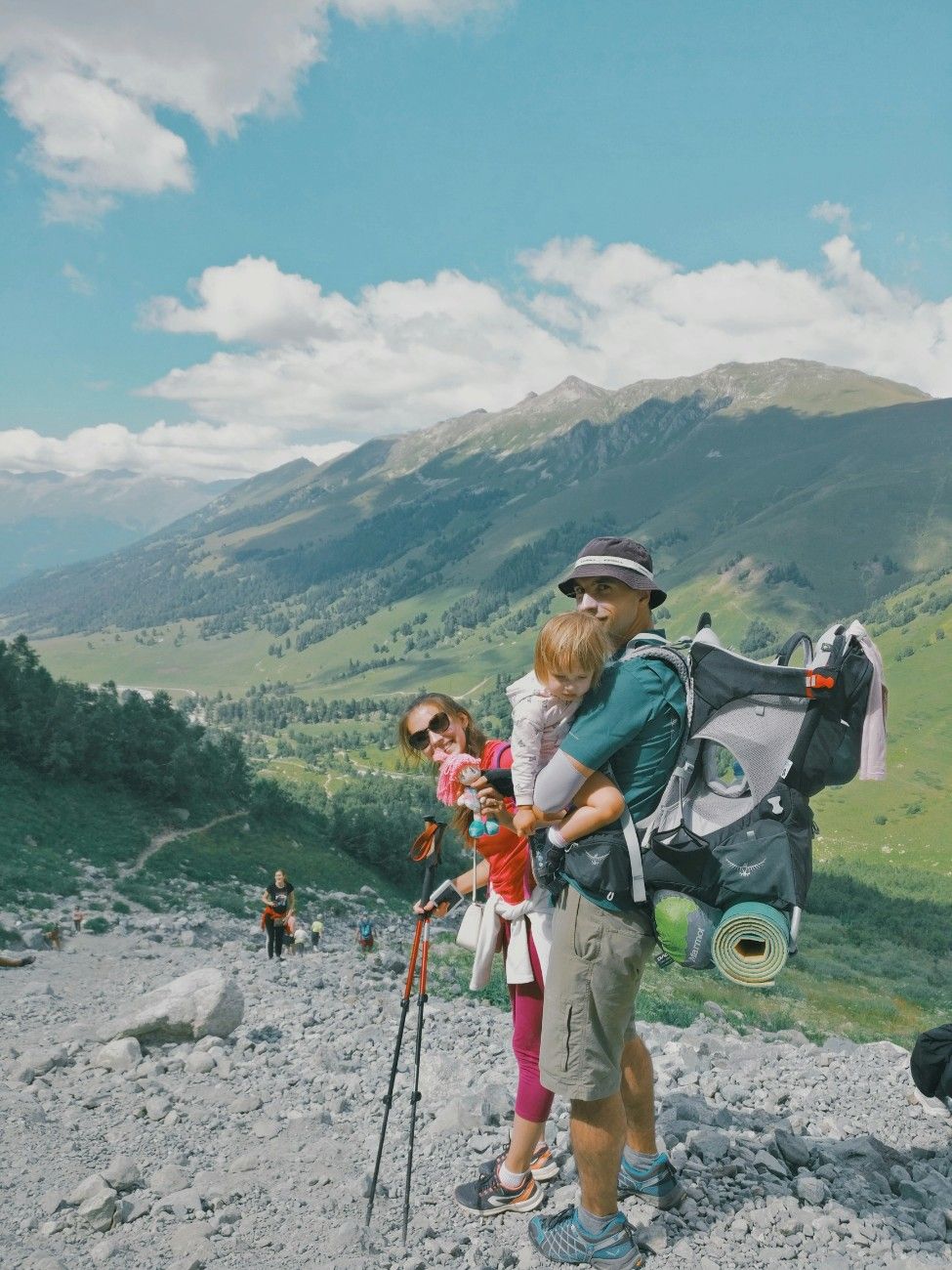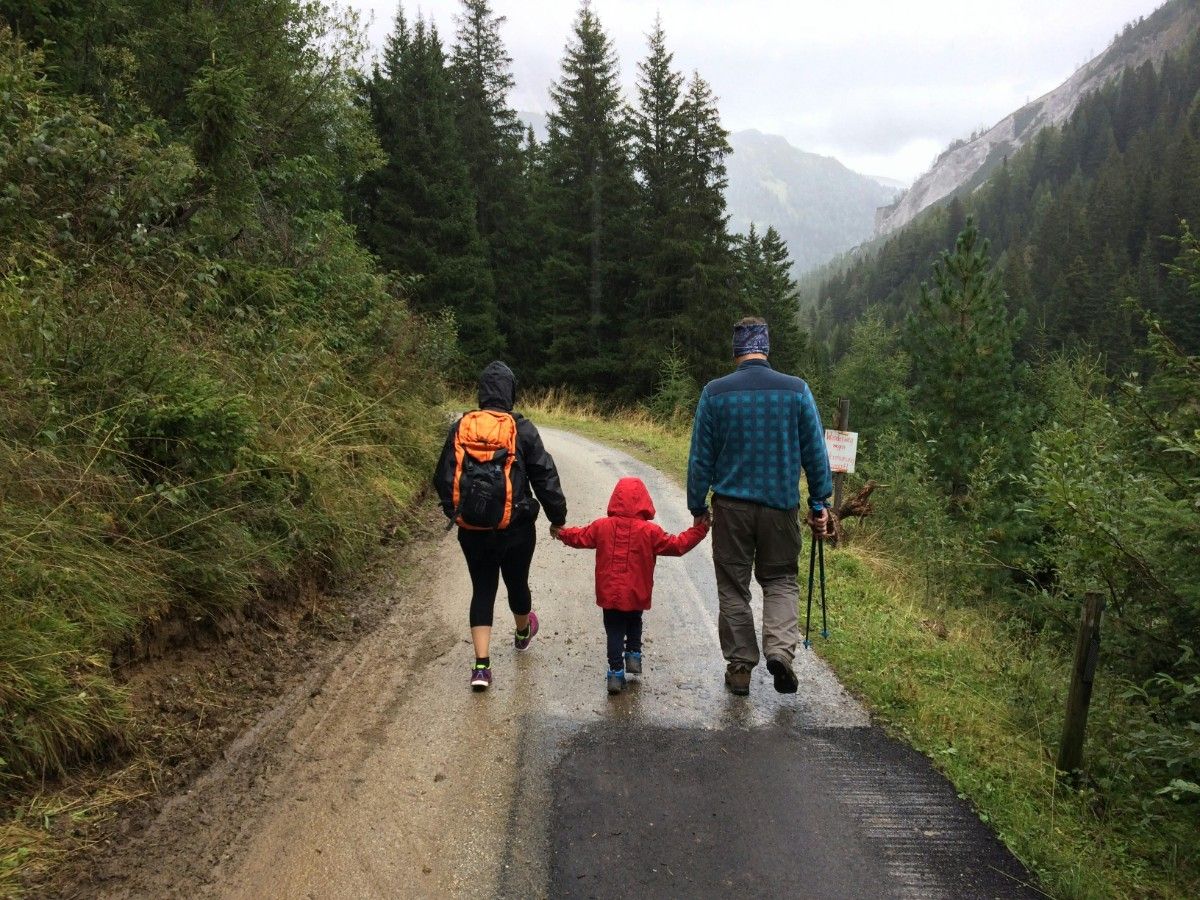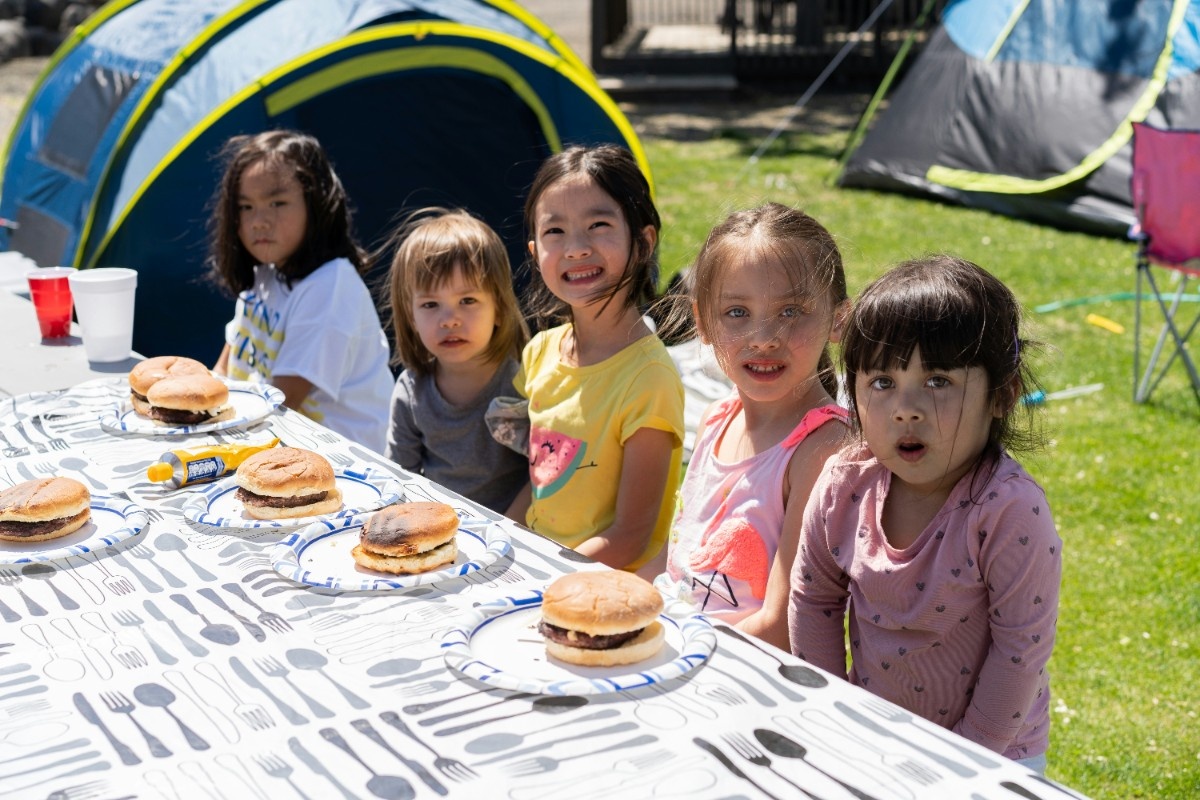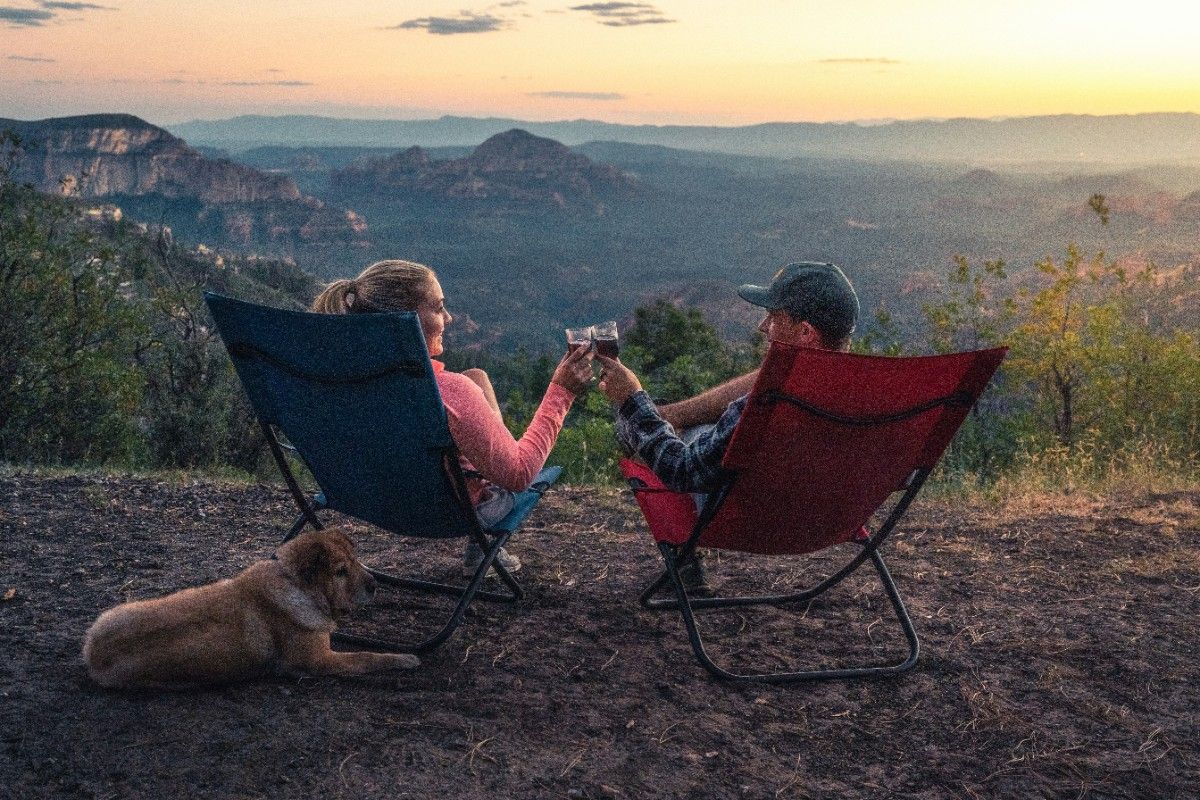Introduction to Family Camping
The Benefits of Family Camping
Family camping is an excellent way to strengthen family bonds and create lasting memories. When you embark on a camping adventure with your family, you leave behind the distractions of daily life and immerse yourselves in nature. This shared experience allows for quality time together, fostering communication and understanding among family members. Camping also encourages children to explore the outdoors, develop a sense of adventure, and appreciate the natural world around them. Moreover, family camping trips can be a cost-effective alternative to traditional vacations, making it an accessible option for families of various sizes and budgets.
Planning Your Family Camping Trip
To ensure a successful family camping experience, thorough planning is essential. Begin by choosing a suitable family camping site that caters to your family's needs and preferences. Consider factors such as amenities, proximity to attractions, and the availability of activities for different age groups. Once you have selected your destination, create a comprehensive family camping checklist to ensure you pack all the necessary gear and supplies. This may include family camping tents, sleeping bags, cooking equipment, food, clothing, and first-aid items. Additionally, research the weather conditions and any potential hazards at your chosen location to prepare accordingly.
Engaging the Whole Family in the Camping Experience
Camping with family is an opportunity to involve everyone in the planning and execution of the trip. Assign age-appropriate tasks to each family member, such as meal planning, gear organisation, or campsite setup. This not only helps distribute responsibilities but also fosters a sense of ownership and excitement for the upcoming adventure. Encourage children to participate in decision-making processes, such as choosing activities or planning menus, to make them feel valued and engaged. By involving the entire family in the camping experience, you create a sense of unity and shared purpose that strengthens family bonds.
Making the Most of Your Family Camping Holiday
To maximise the benefits of your family camping holiday, be intentional about creating opportunities for bonding and learning. Plan activities that cater to the interests and abilities of all family members, such as hiking, fishing, or stargazing. Encourage everyone to disconnect from electronic devices and embrace the simplicity of outdoor living. Take advantage of the campfire as a central gathering point for storytelling, singing, or playing games. Additionally, use the camping experience as a chance to teach children valuable life skills, such as fire building, knot tying, or navigation. By focusing on shared experiences and learning opportunities, your family camping trip becomes a meaningful and enriching adventure for all.
Choosing the Best Family Camping Tents
Factors to Consider When Selecting a Family Camping Tent
When choosing a family camping tent, several key factors should be considered to ensure a comfortable and enjoyable experience. First, consider the size of your family and the amount of space you will need. Family tents come in various sizes, from compact models suitable for three to four people to larger options that can accommodate six or more. Look for tents with ample headroom and living space to allow for comfortable movement and storage of gear. Additionally, consider the seasonality of your camping trips and choose a tent with appropriate weather resistance. Three-season tents are suitable for most camping conditions, while four-season tents offer extra protection for harsher environments.
Features to Look for in a Family Camping Tent
When selecting a family tent for camping, pay attention to the features that can enhance your camping experience. Look for tents with multiple rooms or dividers, which provide privacy and allow for separate sleeping and living areas. Vestibules or porches are useful for storing gear and creating additional sheltered space outside the main tent. Ventilation is crucial for maintaining a comfortable atmosphere inside the tent, so look for models with mesh panels, windows, and vents. Other desirable features include easy setup mechanisms, durable zippers, and ample storage pockets for organising small items.
Top Family Camping Tent Brands and Models
Several brands offer high-quality family camping tents that cater to different preferences and budgets. Coleman is a well-known brand that produces reliable and affordable tents. Other spacious tent brands are Vango and Outwell, offering ample living space and multiple room configurations. If you prioritise easy setup, inflatable tents like the Vango Airbeam range are worth considering. These models use inflatable poles instead of traditional frames, making them quick and easy to pitch.
Setting Up and Maintaining Your Family Camping Tent
Once you have chosen the best family camping tent for your needs, it is essential to familiarise yourself with the setup process and maintenance requirements. Practice setting up your tent at home before your camping trip to ensure a smooth and efficient process at the campsite. Pay attention to the manufacturer's instructions and any specific tips for your tent model. When pitching your tent, choose a level and clear area, free from sharp objects or potential hazards. Regularly maintain your tent by cleaning it after each trip, repairing any damages promptly, and storing it in a dry, cool place when not in use. By properly setting up and maintaining your family tent, you can ensure its longevity and maximise your investment in your family camping adventures.
Top Family Camping Sites in the UK
Campsites in England
England offers a wide variety of family camping sites that cater to different preferences and budgets. One of the most popular destinations is the Lake District, known for its stunning natural beauty and outdoor activities. Campsites like Castlerigg Hall Caravan and Camping Park provide breathtaking views of the surrounding fells and easy access to hiking trails and water sports. For those seeking a coastal experience, the Jurassic Coast in Dorset is a must-visit. Durdle Door Holiday Park offers family-friendly camping with direct access to the iconic limestone arch and nearby beaches. In the southwest, Devon is home to numerous family camping parks, such as Woolacombe Bay Holiday Park, which features a range of amenities and activities for all ages.
Campsites in Scotland
Scotland's rugged landscapes and stunning wilderness make it an ideal destination for family camping holidays. The Highlands region is particularly popular among outdoor enthusiasts, with campsites like Glenmore Campsite offering easy access to the Cairngorms National Park. For those interested in island adventures, the Isle of Skye is a must-visit. Campsites like Glenbrittle Campsite provide a base for exploring the island's dramatic scenery, including the famous Fairy Pools. In the southwest, Dumfries and Galloway offer a mix of coastal and inland camping options, such as Brighouse Bay Holiday Park, which features a private beach and a range of family-friendly facilities.
Campsites in Wales
Wales is a paradise for family camping, with its diverse landscapes ranging from the rugged coastline to the rolling hills and mountains. Snowdonia National Park is a popular destination for outdoor enthusiasts, with campsites like Beddgelert Camping and Caravanning Club Site offering stunning views of the surrounding peaks. For a coastal experience, the Pembrokeshire Coast National Park is a must-visit. Campsites like Fishguard Bay Caravan and Camping Park provide direct access to the stunning coastline and nearby attractions, such as the Pembrokeshire Coast Path. In Mid Wales, the Brecon Beacons National Park is home to numerous family camping sites, such as Pencelli Castle Caravan and Camping Park, which offers a peaceful setting and easy access to hiking trails and outdoor activities.
Campsites in Northern Ireland
Northern Ireland may be small in size, but it packs a punch when it comes to family camping destinations. The Causeway Coast is a must-visit, with its stunning coastline and the iconic Giant's Causeway. Campsites like Ballyness Caravan Park offer easy access to the coast and nearby attractions, such as the Carrick-a-Rede Rope Bridge. In County Down, the Mourne Mountains provide a stunning backdrop for family camping. For those seeking a more rural experience, Fermanagh Lakelands is home to numerous campsites, such as Rushin House Caravan Park, which offers lakeside pitches and water sports facilities.
Easy Camping Meals for Families
Breakfast Ideas
Starting the day with a hearty breakfast is essential when camping with family. One easy and popular option is porridge, which can be made using instant oats and boiling water. Add some dried fruits, nuts, or honey for extra flavour and nutrition. Another classic camping breakfast is bacon and eggs, which can be cooked on a portable stove or over the campfire. For a twist on traditional English breakfast, try making breakfast burritos by wrapping scrambled eggs, bacon, and cheese in tortillas. Don't forget to pack some fresh fruits and juice for a balanced and energising start to the day.
Lunch Ideas
For easy camping meals that are perfect for lunchtime, sandwiches are always a reliable choice. Pack some bread, cold meats, cheese, and vegetables, and let everyone assemble their own sandwiches. Tuna and chicken salads are also great options, as they can be prepared ahead of time and served with crackers or bread. For a hot lunch, try making cheese toasties or quesadillas on a portable stove. Another idea is to prepare a big batch of pasta salad with vegetables and dressing, which can be served cold and is perfect for picnics or hikes.
Dinner Ideas
When it comes to easy camping dinners, one-pot meals are a great option as they minimise cleanup and can be cooked on a portable stove or over the campfire. Chili is a classic camping meal that can be made with canned beans, tomatoes, and minced beef or turkey. Another easy option is pasta with tomato sauce and vegetables, which can be cooked in a single pot. For a traditional UK camping dinner, try making bangers and mash by grilling sausages and serving them with instant mashed potatoes and gravy. Dehydrated meals are also a convenient option, where all you need to do is heat up some water on your camp stove and add this to the pouch for an instant meal.
Snacks and Desserts
No family camping trip is complete without snacks and desserts. Pack some trail mix, granola bars, and fresh fruits for easy and healthy snacks on the go. For a sweet treat, s'mores are a classic camping dessert that can be made by roasting marshmallows over the campfire and sandwiching them between biscuits and chocolate. Another easy dessert option is banana boats, where bananas are split open, filled with chocolate and marshmallows, wrapped in foil, and cooked over the campfire. Don't forget to pack some hot chocolate or tea for cosy evenings around the campfire.
Family Camping Checklist
Essential Camping Gear
When preparing for a family camping trip, having a comprehensive checklist is crucial to ensure you don't forget any essential items. Start with the basics, such as a family camping tent, sleeping bags, and sleeping mats or air mattresses. Consider the size of your family and choose a tent that provides ample space and comfort. Sleeping bags should be appropriate for the expected weather conditions, and sleeping mats or air mattresses offer insulation and cushioning from the ground. Other essential gear includes a torch or lantern, extra batteries, a first-aid kit, and a multi-tool or knife. Don't forget to pack camping chairs and a folding table for a comfortable outdoor living area.
Cooking and Food Supplies
Cooking meals while camping with family requires some planning and preparation. Begin by considering the type of camping stove or grill you'll need, along with the appropriate fuel. Pack a cooler or insulated container to keep perishable food items fresh, and don't forget to bring plenty of ice or ice packs. Bring a set of camping cookware, including pots, pans, and utensils, as well as plates, bowls, and cups for each family member. Remember to pack a washing basin, biodegradable soap, and dish towels for cleaning up after meals. Plan your meals in advance and make a list of the ingredients and supplies needed, such as condiments, spices, and cooking oil.
Clothing and Personal Items
When packing clothing for your family camping adventure, consider the expected weather conditions and the activities you have planned. Bring a mix of lightweight, breathable clothing for warm weather, as well as warmer layers for cooler evenings or unexpected temperature drops. Pack rain gear, such as jackets and waterproof boots, in case of inclement weather. Don't forget to bring hats, sunglasses, and sunscreen for sun protection, as well as insect repellent to keep bugs at bay. Pack a set of comfortable shoes for hiking or exploring, as well as flip-flops or sandals for wearing around the campsite. Lastly, ensure each family member has a toiletry kit with essential items like toothbrushes, toothpaste, soap, and towels.
Entertainment and Activities
To keep everyone entertained and engaged during your family camping trip, pack a variety of games, books, and outdoor activity equipment. Board games and card games are great for evenings or rainy days spent inside the tent. Bring a selection of age-appropriate books for quiet time or bedtime stories. Outdoor activities can include frisbees, balls, or badminton sets for impromptu games and sports. If your campsite is near water, consider packing fishing gear, kayaks, or inflatable rafts for additional fun. Binoculars and a nature guidebook can enhance wildlife watching and nature exploration. Lastly, don't forget to pack a camera or video recorder to capture the memories of your family camping adventure.
Best Family Camping Setups
Car Camping Setup
Car camping is one of the most popular and convenient family camping setups, as it allows you to bring more gear and amenities than backpacking. With car camping, you can choose a larger, more spacious family camping tent that offers separate sleeping areas and a living space. Opt for comfortable sleeping arrangements, such as air mattresses or cots, to ensure a good night's rest. Set up a sheltered outdoor living area using a large tarp or canopy, providing a space for cooking, eating, and relaxing. Bring a camping stove, cooler, and plenty of food storage containers to make meal preparation a breeze. Don't forget to pack folding chairs and a table for added comfort and convenience.
Backpacking Setup
For families who enjoy hiking and a more minimalist approach to camping, a backpacking setup may be the perfect choice. When backpacking, it's essential to choose lightweight and compact gear that can be easily carried in backpacks. Opt for a lightweight, three-season family tent that can accommodate your family size. Choose sleeping bags and mats that are rated for the expected temperatures and compress well for easy packing. Pack a lightweight, portable stove and fuel, along with compact cookware and utensils. Plan your meals carefully, focusing on lightweight, non-perishable items that provide ample nutrition and energy. Lastly, ensure each family member has a well-fitted backpack with adequate support and comfort for carrying their gear.
Campervan Setup
For families who prefer a more luxurious and convenient camping experience, a campervan setup offers the comforts of home while still enjoying the great outdoors. With a campervan, you have access to amenities such as a kitchen, bathroom, and sleeping quarters, making it easier to manage daily routines and activities. Choose a campervan that suits your family size and preferences, considering factors such as sleeping capacity, storage space, and onboard facilities. Pack bedding, towels, and kitchen essentials, as well as any additional camping gear you may need for outdoor activities. When selecting a campsite, look for campervan-friendly options with hookups for electricity, water, and sewage to ensure a comfortable stay.
Glamping Setup
For families who want to experience the joys of camping without sacrificing comfort and style, glamping (glamorous camping) has become an increasingly popular option. Glamping setups often include spacious, pre-erected tents or yurts equipped with comfortable beds, furniture, and even electricity. Some glamping sites offer additional amenities such as private bathrooms, kitchenettes, and heating or air conditioning. When planning a glamping trip, research the specific amenities provided by the glamping site and pack accordingly. While bedding and towels may be provided, you'll still need to bring personal items, clothing, and any gear needed for planned activities. Glamping is an excellent option for families who want to enjoy the beauty of nature while still indulging in some creature comforts.
Family Camping Activities
Nature Exploration and Hiking
One of the best aspects of family camping is the opportunity to explore the great outdoors and connect with nature. Encourage your family to embark on nature walks and hikes, taking in the sights, sounds, and smells of the surrounding environment. Before setting out, research the local flora and fauna, and provide each family member with a nature guidebook or scavenger hunt list to encourage observation and learning. Teach your children about Leave No Trace principles, emphasising the importance of respecting nature and minimising their impact on the environment. Choose hiking trails that are appropriate for your family's skill level and age range, and don't forget to pack plenty of water, snacks, and sun protection.
Campfire Activities
Gathering around the campfire is a quintessential part of the family camping experience. Not only does it provide warmth and light, but it also creates a cosy atmosphere for family bonding and entertainment. Encourage storytelling by having each family member share their favourite memories, jokes, or spooky tales. Bring along a guitar or other musical instruments for an impromptu sing-along session. Roast marshmallows and make s'mores for a classic campfire treat. You can also use the campfire as an opportunity for educational activities, such as teaching your children about fire safety, demonstrating how to build and maintain a fire, or even discussing the science behind the flames.
Outdoor Games and Sports
Engaging in outdoor games and sports is a great way to keep your family active and entertained during your camping trip. Pack a variety of age-appropriate games and equipment, such as frisbees, balls, badminton sets, or horseshoes. Set up a small obstacle course using natural features like logs, rocks, and trees, encouraging your children to test their agility and problem-solving skills. Organise a nature-themed scavenger hunt, challenging your family to find specific items or complete tasks related to the surrounding environment. If your campsite is near water, consider bringing inflatable rafts, kayaks, or fishing gear for additional fun and adventure. Remember to prioritise safety and supervise your children during all outdoor activities.
Creative and Educational Activities
Family camping trips provide an excellent opportunity for creative and educational activities that foster curiosity and learning. Bring along art supplies, such as sketchbooks, pencils, and watercolours, and encourage your family to create nature-inspired artwork. Press flowers and leaves between the pages of a book to create a unique camping memento. Use a star chart or astronomy app to identify constellations and planets in the night sky, sparking discussions about the universe and our place within it. Organise a nature photography competition, challenging your family members to capture the beauty of the surrounding landscape and wildlife. Lastly, consider bringing along field guides and binoculars for birdwatching or insect identification, fostering a deeper appreciation for the natural world.
Family Camping Safety Tips
Campsite Safety
Ensuring the safety of your family during a camping trip begins with selecting a secure and well-maintained campsite. Research the campground beforehand, reading reviews and checking for any potential safety concerns. Upon arrival, survey the site for hazards such as dead trees, unstable ground, or proximity to water sources. Set up your family camping tent a safe distance from the campfire and any other potential dangers. Teach your children about campsite boundaries and the importance of staying within designated areas. Establish a meeting point in case anyone gets separated from the group. Keep a well-stocked first-aid kit easily accessible and ensure all family members know its location.
Fire Safety
Campfires are a beloved part of the family camping experience, but they also pose a significant safety risk if not properly managed. Before starting a fire, check the campground's regulations and ensure that fires are permitted. Choose a designated fire pit or create a fire ring in an open area, away from tents, shrubs, and low-hanging branches. Teach your children about fire safety, emphasising the importance of keeping a safe distance and never leaving a fire unattended. Keep a bucket of water and a shovel nearby to extinguish the fire when necessary. When putting out the fire, douse it with water, stir the ashes, and repeat until the embers are completely cool to the touch.
Wildlife Safety
Encountering wildlife is a thrilling part of camping with family, but it's crucial to maintain a safe and respectful distance. Research the local wildlife before your trip and educate your family about any potential dangers, such as snakes or insects. Store food and toiletries in airtight containers, and dispose of rubbish in designated receptacles. Avoid leaving food or scented items in your tent or around the campsite, as they can attract unwanted animal visitors. If you encounter wildlife, remain calm and back away slowly, giving the animal plenty of space. Teach your children to never approach or feed wild animals, no matter how cute or harmless they may appear.
Weather Safety
]Weather conditions can change quickly in the great outdoors, making it essential to be prepared for various scenarios during your family camping trip. Check the weather forecast before your trip and pack appropriate clothing and gear for the expected conditions. Bring rain jackets, warm layers, and waterproof shoes to protect against sudden downpours or temperature drops. If severe weather is predicted, such as thunderstorms or heavy winds, have a plan in place for seeking shelter or evacuating the campsite if necessary. Teach your family about weather safety, including the dangers of lightning and the importance of staying low and seeking shelter during a thunderstorm. Keep a weather radio or smartphone app handy to stay informed about any updates or alerts.
Related Articles

Let us know you agree to cookies
We use marketing, analytical and functional cookies as well as similar technologies to give you the best experience. Third parties, including social media platforms, often place tracking cookies on our site to show you personalised adverts outside of our website.
We store your cookie preferences for two years and you can edit your preferences via ‘manage cookies’ or through the cookie policy at the bottom of every page. For more information, please see our cookie policy.
